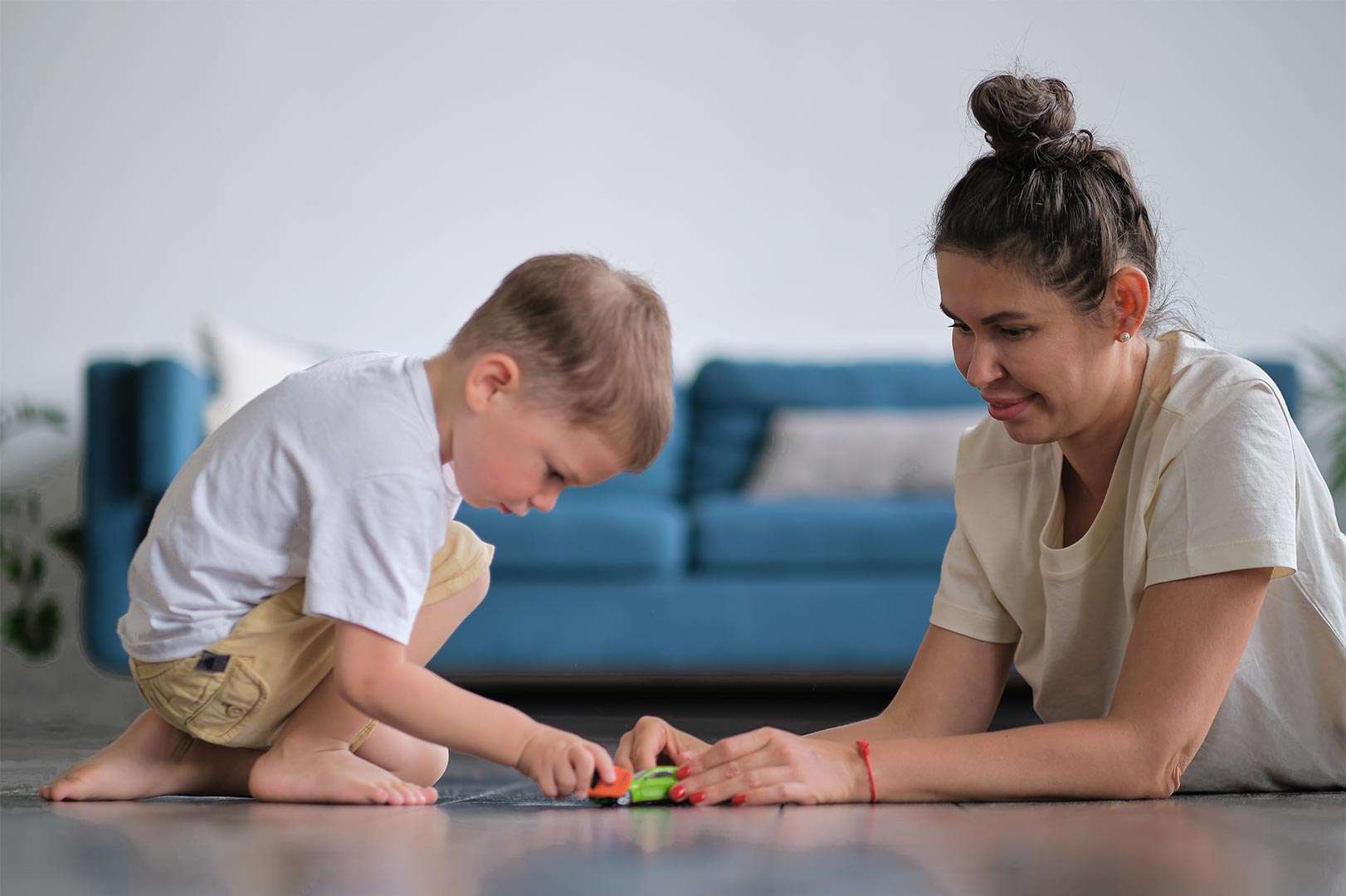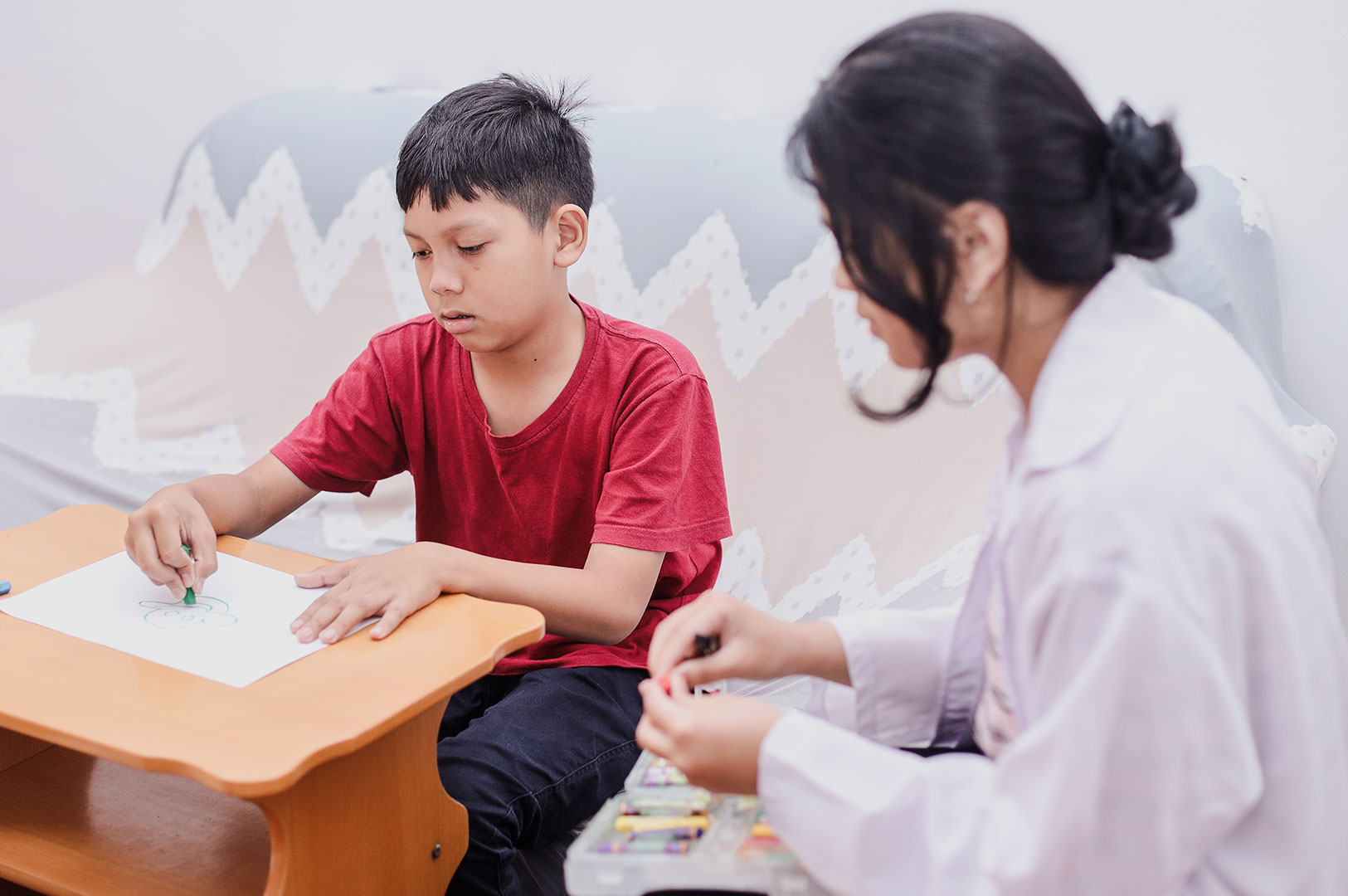Navigating the social landscape can be a challenging endeavor for many, particularly for individuals on the autism spectrum. While social skills may develop organically for some, others may require more targeted instruction and support to foster meaningful connections. As educators and caregivers, we play a crucial role in providing autistic students with the tools and opportunities they need to thrive in social settings.
Understanding the Neurodiversity of Autistic Individuals
Before delving into specific strategies for teaching social skills, it’s essential to recognize the unique neurodiversity of autistic individuals. Autism spectrum disorder (ASD) is characterized by a range of differences in social communication and interaction, as well as repetitive and restricted behaviors or interests. These differences can manifest in various ways, and each autistic individual’s experiences are distinct.
Building a Foundation of Social Understanding
To effectively teach social skills, it’s important to lay a solid foundation of social understanding. This involves helping autistic students grasp the nuances of social cues, body language, facial expressions, and tone of voice. Visual aids, such as social stories or role-playing scenarios, can be particularly helpful in conveying these concepts.
Promoting Social Interactions Through Structured Activities
Creating opportunities for structured social interactions can provide a safe and supportive environment for autistic students to practice their social skills. Group activities, such as collaborative games or creative projects, can encourage turn-taking, communication, and cooperation. Additionally, incorporating social skills into everyday routines, such as greeting classmates or participating in lunch conversations, can reinforce these skills in a natural context.
Emphasizing Social-Emotional Learning (SEL)
Social-emotional learning (SEL) encompasses the development of self-awareness, self-management, social awareness, relationship skills, and responsible decision-making. Integrating SEL into the curriculum can significantly enhance autistic students’ social and emotional competencies. SEL activities may include mindfulness practices, identifying and expressing emotions, understanding empathy, and resolving conflicts peacefully.
Tailoring Strategies to Individual Needs
Recognizing the diversity of autistic experiences, it’s crucial to tailor social skills instruction to each student’s individual needs and strengths. Some students may benefit from explicit instruction and modeling, while others may prefer more indirect approaches, such as observing and practicing social interactions in real-world settings.
Collaborating with Parents and Caregivers
Effective social skills instruction extends beyond the classroom. Collaborating with parents and caregivers can ensure that autistic students receive consistent support and reinforcement throughout their daily lives. Regular communication, sharing of strategies, and joint problem-solving can foster a cohesive approach to social skills development.
Celebrating Progress and Embracing Neurodiversity
As with any skill, developing social competence takes time, effort, and patience. It’s vital to acknowledge and celebrate each student’s progress, no matter how incremental it may seem. Moreover, embracing neurodiversity and recognizing the unique strengths and perspectives of autistic individuals fosters an inclusive and supportive learning environment.
In conclusion, teaching social skills to autistic students requires a comprehensive and individualized approach that considers their unique needs, strengths, and learning styles. By providing a supportive environment, promoting social understanding, and incorporating SEL strategies, we can empower autistic students to navigate the social world with confidence and grace.
Find out if your child needs extra support today!
- My child screams hysterically
- My child is mean to other children
- My child is always worried
- My child is scared to go to school
- My child is scared of loud noises
- My child doesn’t know how to read
- My child is scared to play outside
- My child does not respond to his name
- My child always gets in trouble
- My child fights with other children
- My child doesn’t know how to count
If you are concerned about your child’s development, contact us for Assessments: Phone/Telegram: 077.455.993 – Telegram Link: https://t.me/OrbRom
If you are concerned about your child’s development, contact us for Assessments.
Phone/Telegram: 077.455.993 Link: https://t.me/OrbRom






Leave A Comment